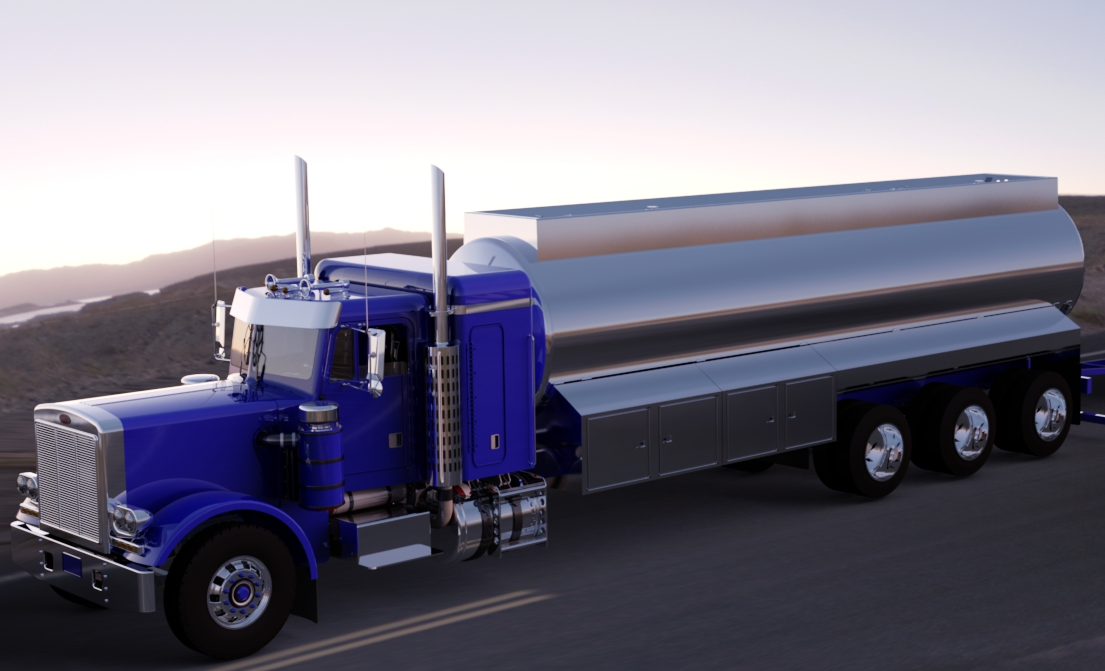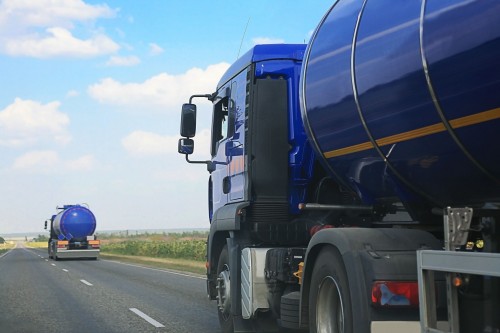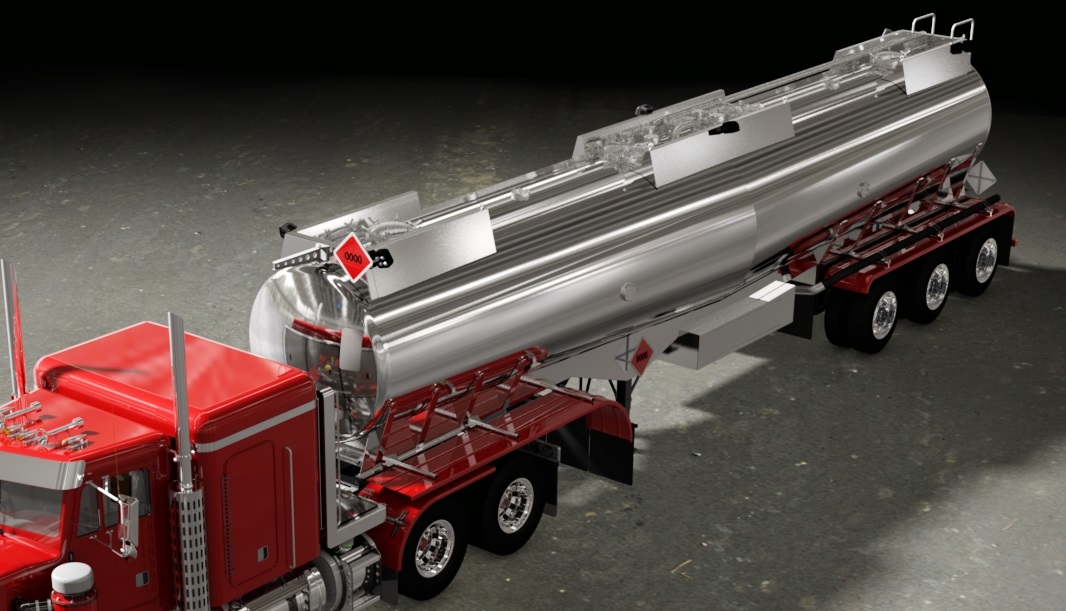Across Canada, increased enforcement of the TDG Act and Regulations, which include CSA Standard B620, will continue. Are you a Registered Facility for highway tank inspection, test, repair, manufacture, assembly and / or modification services? If so, you must ensure you are only engaging in the work for which you are registered. Otherwise, be sure to amend your Facility Registration (https://caar.org/images/pdf/16-0074E_1309-03_E.pdf).
How can I ensure my business operations are compliant?
Take the following steps:
- Review and confirm your actual highway tank designs relative to the requirements of the current CSA Standard B620.
- Make sure that your customers’ highway tanks comply with the requirements.
- Plan to review the anticipated changes in CSA Standard B620 for release in 2020.
- Confirm that your Design Engineer has the knowledge and experience to address any issues that you may face.
- Make sure that you comply with the welding requirements of CSA Standard B620.
- Review your Quality Control Manual for relevance and compliance.
What could happen?
If you are not compliant, you could:
- be directed to issue a notice of defective construction or recall to your customers,
- face levied fines for each offence of noncompliance, or
- face up to two years imprisonment for indictable offences.
So, you should conduct your business in compliance with the Act and Regulations. Check and confirm your Facility Registration Certificate today.
If you have received notice from a regulatory inspection that non-compliance details exist within your operation, or if you have received notice of non-compliance with the TDG Act and Regulations, please call 780-414-1895 or email us at info@prosolve.ca. We will either answer your questions immediately or quickly get the answers that you need to maintain the operation of your business.
If you have any other issues about the design, manufacture, assembly, operation, inspection, test, repair, modification and / or retest of any highway tank, call now. We can help.






